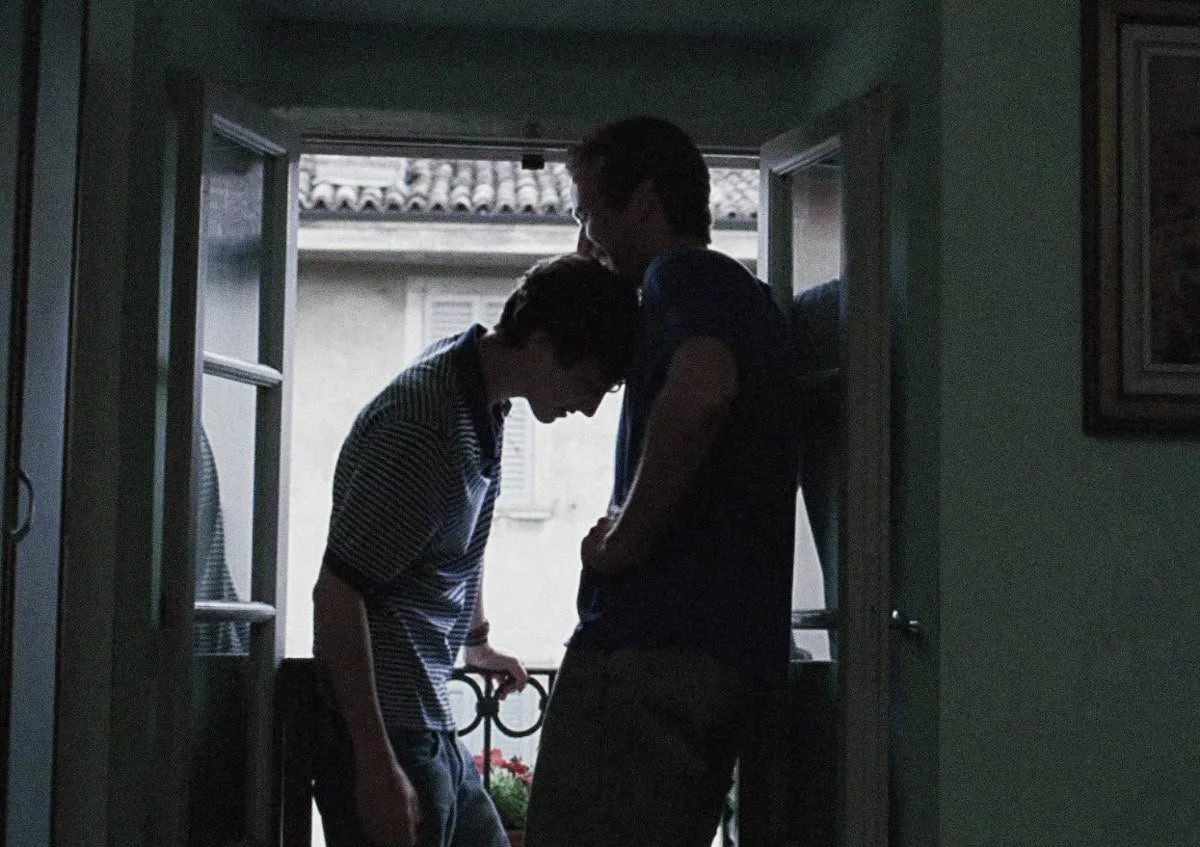When Saying Nothing Feels Necessary: The Question of “Is It Better to Speak or to Die?”
dharmika pendyam
Nov. 25, 2025 — There are moments when saying nothing feels safer than speaking. Yet within that safety lies a quieter danger: the slow erosion of the self.
In André Aciman’s 2007 novel “Call Me By Your Name,” a pivotal question is posed as Elio Perlman’s mother reads him a passage from “The Heptaméron.” A knight, madly in love with a princess, asks her “Is it better to speak or to die?”
The line settles in Elio’s mind, poised on the edge. Elio pines after Oliver, a grad student studying at his family’s home for the summer. Telling Oliver how he feels could change everything between the two. Or ruin everything.
This tension mirrors the emotional landscape that shapes Generation Z today — one defined by navigating self-expression amid rising anxiety and pressures from the digital realm and social media. The question Aciman poses reflects the broader cultural struggle between restraint, vulnerability and the quiet desire to be known truly, and not just at face value.
Elio’s hesitation in “Call Me By Your Name” captures the quiet war between what is felt and what is vocalized. In the town square, he avoids telling Oliver his true feelings in a scene that is deliberately awkward. To speak is to take a risk; to offer something fragile without knowing how it will be received. When Elio finally kisses Oliver in the meadow, it’s an unspoken confession that words could not convey.
Rejection, uncertainty, vulnerability — these are the unavoidable companions of honesty. At the end of Aciman’s novel, Oliver leaves Elio’s home and goes back to America and his girlfriend, despite Elio’s internal wish for him to stay and for them to be together. The final scenes show that while speaking can wound, silence isn’t freedom either — it only trades pain for a quieter ache, each withheld word a small surrender. For Elio, silence promised protection but delivered isolation.
Silence often masquerades as self-preservation. Because to speak is like tearing open a tangerine, unleashing a scent that’s too strong once released, words can feel too revealing to bear. “Call Me By Your Name” has gained sustained worldwide popularity after the release of the film adaptation, but its success extends past a phenomenal performance by Timothee Chalamet as Elio and a heartbreaking soundtrack from Sufjan Stevens. The essence of the story’s pivotal question — to speak or to die — is seen as a generational throughline in young American’s mental health and relationships.
According to a 2023 article from Psychology Today, Generation Z teens often experience social anxiety, characterized by excessive self-consciousness and fear of public speaking, leading to withdrawal from social situations. Similarly, a 2019 study conducted by the American Psychological Association found that 27% of Gen Z are more likely to report anxiety and depression, with many struggling under social and digital pressures that amplify fears of rejection and misunderstanding.
This fear of saying the wrong thing, of being misunderstood or abandoned, appears across many aspects of Gen Z communication and relationships, much like is seen with Elio’s character.
In an article with Relevant Magazine, Dr. Sarah Hensley, a psychologist specializing in relational science, stated that Gen Z exhibits a new attachment style known as “fearful avoidant.” This style is characterized by a deep subconscious fear of betrayal rather than abandonment, leading to behaviors that are both anxious and avoidant. Individuals with this attachment style often attach quickly but then suddenly pull away, driven by a survival instinct to protect themselves from perceived emotional harm.
But, there is a way to combat this self-isolationism — addressing the problem head on. A 2010 study by the University of Arizona found that individuals who engage in deeper, more meaningful conversations are significantly happier than those who stick to surface-level exchanges, suggesting that openness is not just emotional — it's essential to well-being.
“Call Me By Your Name” offers a depiction of when silence becomes its own language. Stories like his reflect more than an individual struggle — they mirror generational patterns, illustrating how restraint, unspoken emotion and fear of vulnerability are normalized and even valorized in the culture that exists today.
In his 2023 book “Letters of the Observer,” Kamal Korkees writes, “But in the end, we are all dead if we do not use the gift of speaking, for what will differentiate us from the dead if we do not?”
Recognizing the cost of silence — and the possibility that comes with breaking it — itself is a form of guidance.



